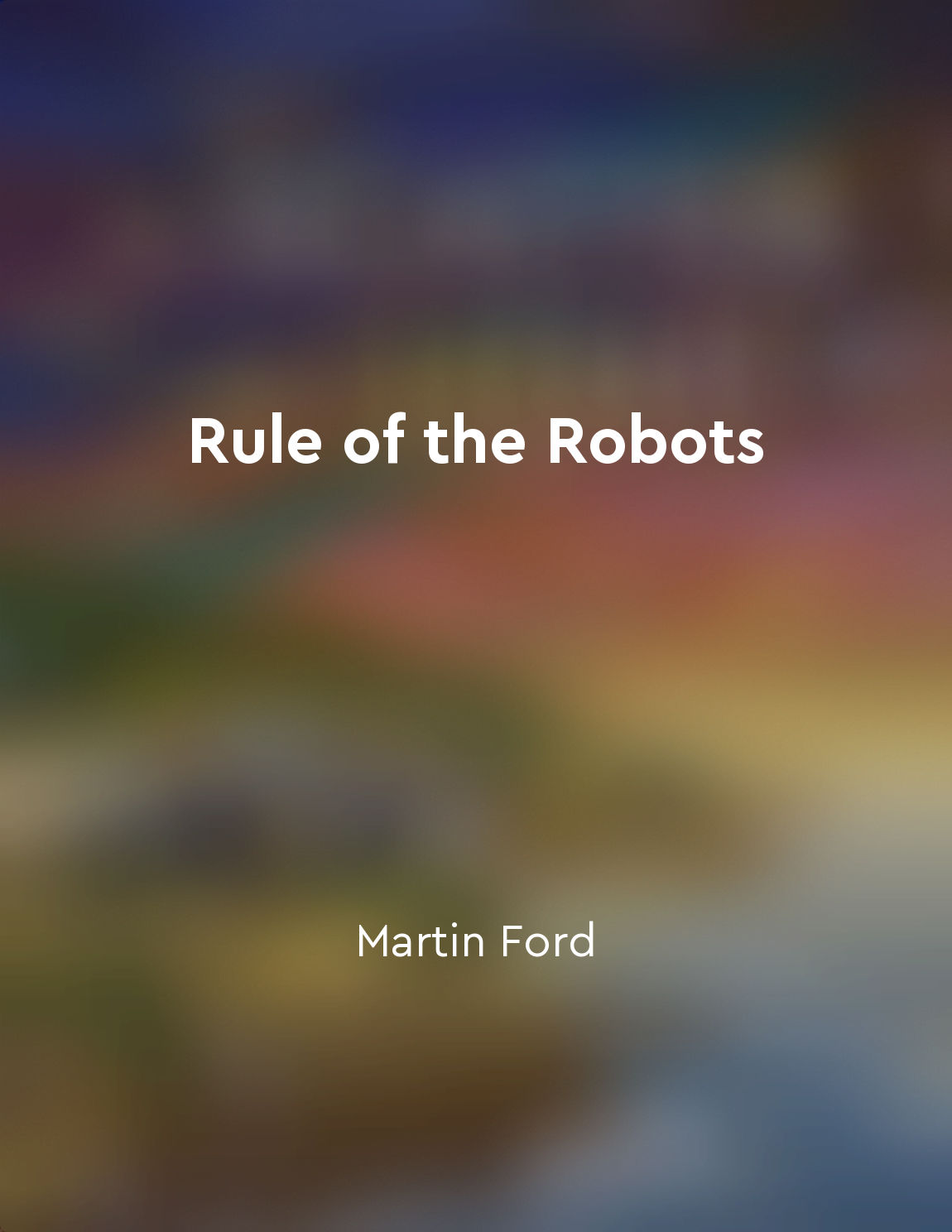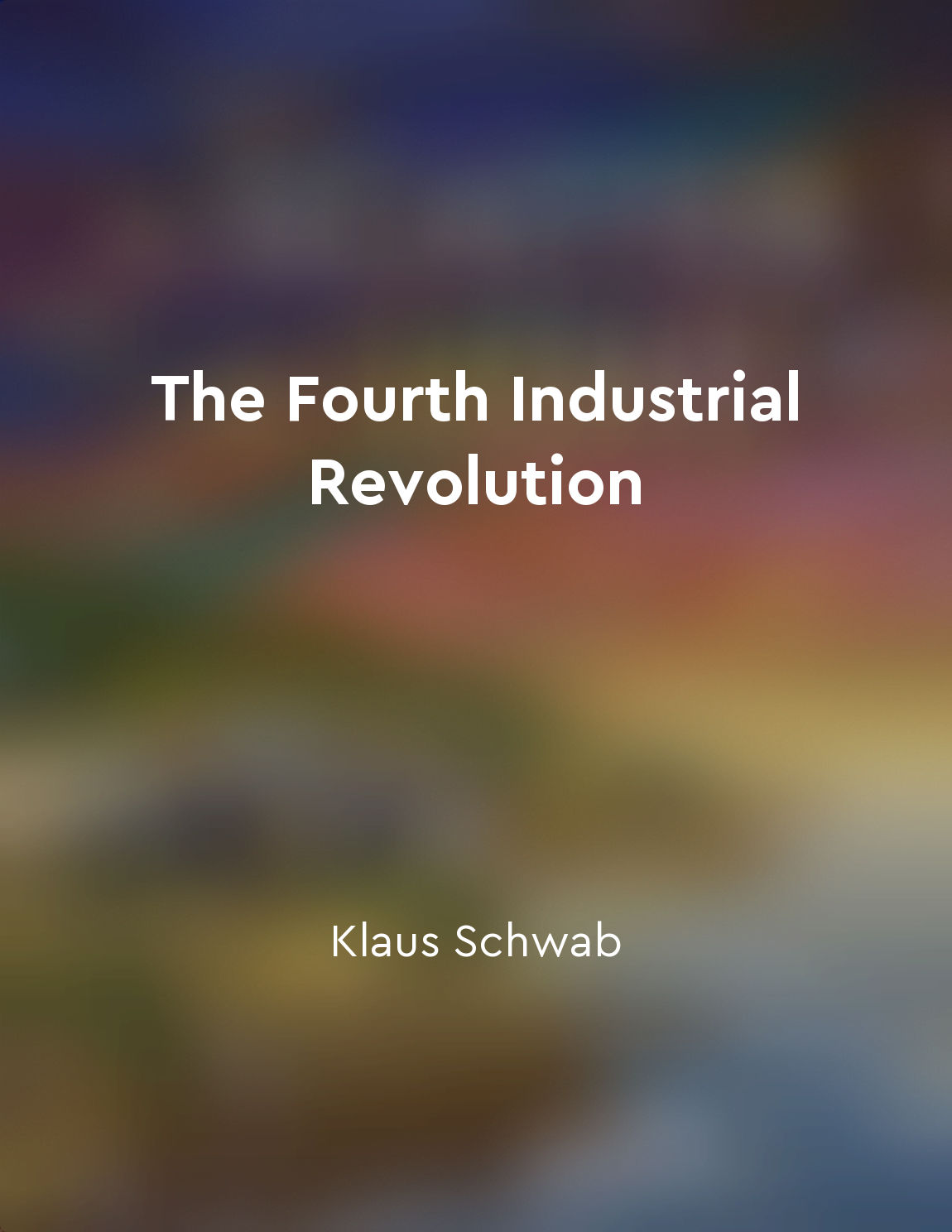There are winners and losers in the digital economy from "summary" of The Second Machine Age by Erik Brynjolfsson,Andrew Mcafee
In the digital economy, the landscape is characterized by rapid change and disruption. Technology has the power to create immense wealth and opportunity, but it also has the potential to displace workers and businesses that fail to adapt. This dichotomy between winners and losers is a fundamental aspect of the digital age. Those who are able to harness the power of technology and innovate stand to gain the most in this new economy. Companies that leverage data and automation can increase efficiency and reach new markets, leading to significant growth and profitability. Individuals with in-demand skills such as coding and data analysis are also in high demand, commanding high salaries and job security. On the other hand, those who are unable to keep pace with technological advancements are at risk of falling behind. Traditional industries that fail to embrace digital transformation may find themselves obsolete, unable to compete with more agile and tech-savvy competitors. Workers in jobs that can be easily automated face the threat of unemployment or stagnating wages. The digital economy is not a level playing field – it rewards those who are able to adapt and innovate, while punishing those who are resistant to change. This creates a widening gap between the winners who thrive in the digital age and the losers who are left behind. As technology continues to advance at a rapid pace, this gap is likely to grow even larger, exacerbating existing inequalities in society. In order to navigate the challenges and opportunities of the digital economy, individuals and organizations must be proactive in embracing change and developing the skills needed to succeed in this new environment. By staying ahead of the curve and continuously learning and evolving, it is possible to position oneself as a winner in the digital age. However, those who resist change and cling to outdated methods risk being left behind as the world marches forward into the second machine age.Similar Posts

Society must find ways to support workers affected by automation
As technology continues to advance at an unprecedented pace, the impact on the workforce is becoming increasingly apparent. Aut...

Scientific knowledge empowers humanity
Scientific knowledge has been a key factor in empowering humanity throughout history. It has enabled us to understand the world...
Economic inequality is a growing concern
The rapid advancement of technology has brought about significant changes in our economy, leading to a staggering increase in e...
Information is readily available
The digital age has brought about a fundamental shift in the availability of information. With a few clicks or taps, we can acc...
Importance of education and lifelong learning
In the world of 2030, the significance of education and continuous learning cannot be overstated. Education is not merely a mea...

Environmental sustainability and social responsibility are integral to the future of business
Environmental sustainability and social responsibility are not just buzzwords thrown around in discussions about the future of ...

The gig economy is becoming more prevalent as traditional jobs disappear
The rise of the gig economy is a direct result of the disappearance of traditional jobs. As automation and artificial intellige...
